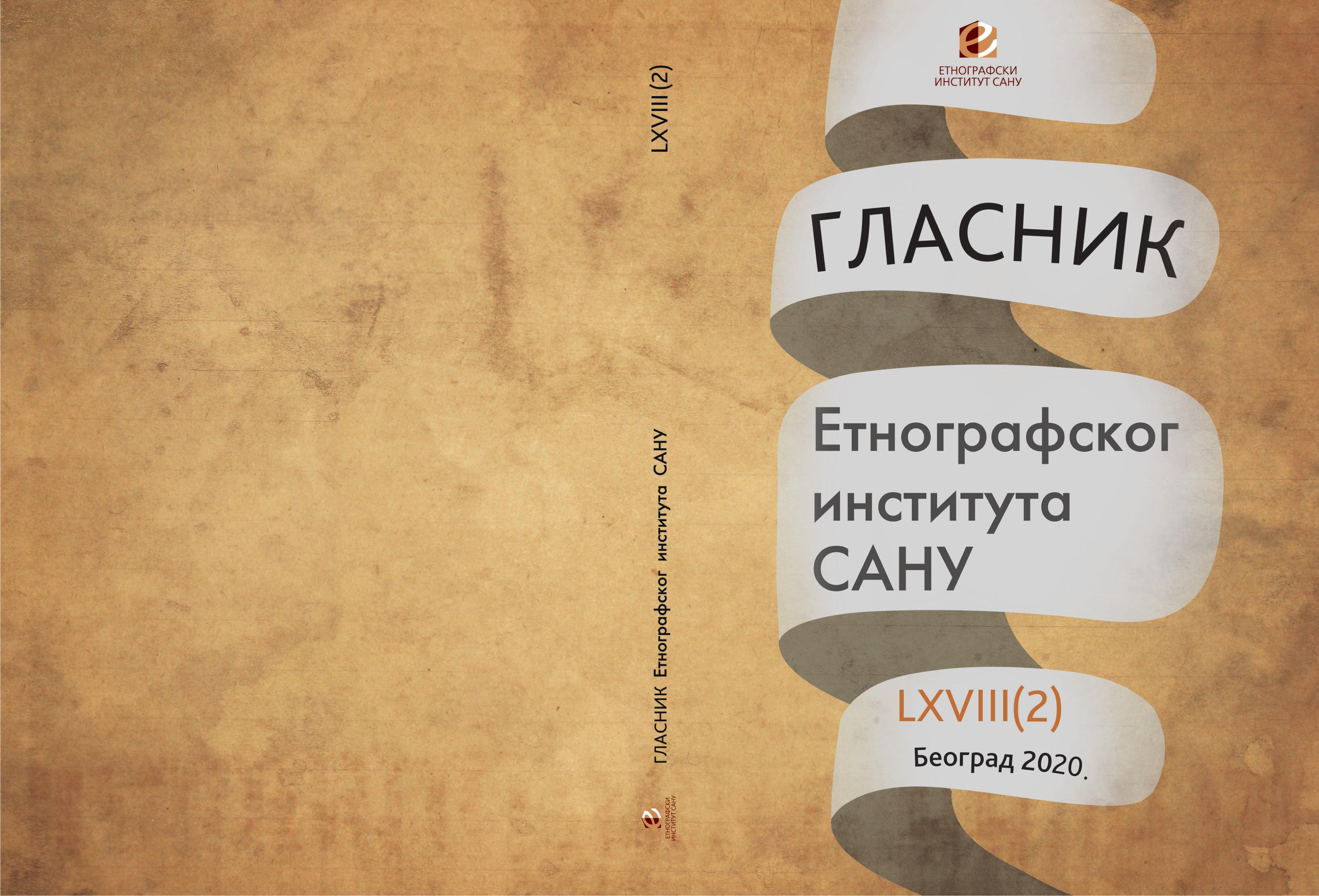Еманципација и феминизација учитељског позива у Србији и Југославији после Другог светског рата
Emancipation and Feminization of the Teaching Vocation in Serbia and Yugoslavia after World War II
Author(s): Sanja Petrović TodosijevićSubject(s): Social Sciences, Gender Studies, Education
Published by: Етнографски институт САНУ
Keywords: teacher; socialism; Yugoslavia; Serbia; Communist Party of Yugoslavia; General Law on Education; emancipation; feminization; child; parent; patriarchy;
Summary/Abstract: The paper is an attempt to point out the problems faced by the new communist authorities in Yugoslavia in the years after the victory in the War and the Revolution in the process of emancipation and additional feminization of the teaching vocation, with particular emphasis on the period until the adoption of the General Law on Education (1958). Particular emphasis will be placed on policy analysis as well as concrete measures that have led to a different profile of the role of the teacher in the post-war society. On the one hand, it will highlight the concrete measures taken by the state to motivate as many women as possible to opt for the teaching job. On the other hand, they will point out the many problems faced by many teachers whose professional and professional qualities, in assessing the quality of their work, are not so infrequently subordinated to their “moral characteristicsˮ.
Journal: Гласник Етнографског института САНУ
- Issue Year: LXVIII/2020
- Issue No: 2
- Page Range: 467-485
- Page Count: 19
- Language: Serbian

